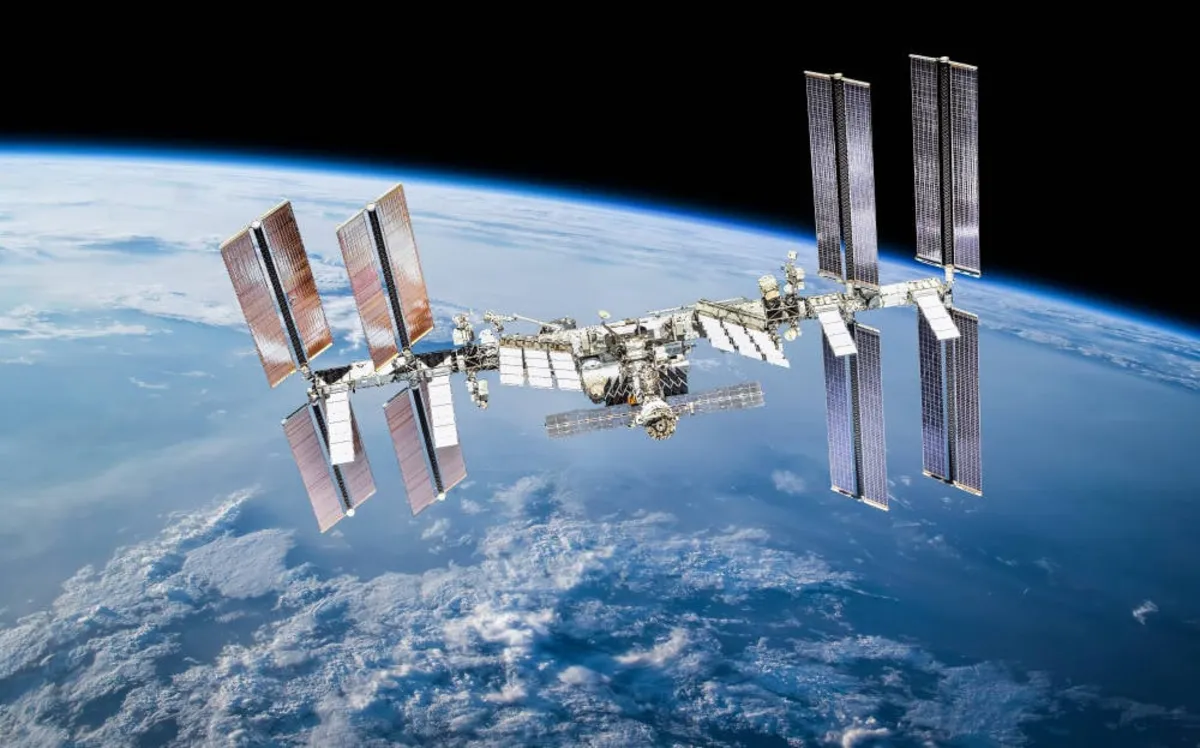
SpaceX has achieved another milestone with the successful docking of its latest cargo mission, known as CRS-32, to the International Space Station (ISS). The Dragon spacecraft, which carries vital supplies for the crew aboard the ISS, docked with the station's Harmony module on April 22 at 1240 UTC. This mission is particularly significant as it not only delivers essential crew supplies but also results in the deferral of several scientific payloads due to unforeseen circumstances.
The Falcon rocket that propelled the Dragon spacecraft into orbit lifted off from Launch Complex 39A at the Kennedy Space Center in Florida on April 21 at 0815 UTC. Approximately ten minutes post-launch, the rocket successfully deployed the Dragon into orbit. Notably, the first stage of the Falcon rocket completed a successful landing at the Cape Canaveral Space Force Station's Landing Zone 1 (LZ-1), marking another success in SpaceX's ongoing efforts to enhance reusability in space missions.
During the mission briefing, it was revealed that damage sustained en route to the Pressurized Cargo Module (PCM) of Northrop Grumman's Cygnus vehicle caused an indefinite delay to the NG-22 mission. This unexpected setback shifted the focus to the CRS-32 mission, leading to necessary adjustments in the Dragon's manifest. An insider from the space agency informed El Reg that without the timely delivery of supplies, the ISS crew could have faced shortages should any issues have arisen during the mission.
To mitigate potential supply shortages, NASA shortened the handover period between Crew-9 and Crew-10. Zebulon Scoville, deputy manager of the Transportation Integration Office for NASA's ISS Program, reassured reporters during a prelaunch briefing, stating, "Right now, the crew remains supplied." He emphasized that the meals included in this flight would ensure that the crew has sufficient provisions to last throughout the summer, even if the subsequent SpaceX cargo mission, CRS-33, is delayed.
While NASA remained tight-lipped about which specific items were deferred to future flights, it was indicated that some supplies might be flown with Crew-11, while others will be allocated to later cargo missions. Interestingly, the agency shared some fun trivia about the mission, including that it is transporting a total of 1,262 tortillas. However, details regarding the shuffled scientific payloads were less forthcoming, highlighting the challenges of rescheduling experiments.
Despite some setbacks, crucial scientific experiments were successfully included in the CRS-32 mission. Among the noteworthy payloads is the Atomic Clock Ensemble in Space (ACES), provided by the European Space Agency (ESA). This innovative experiment features a pair of ultra-precise clocks capable of generating a time signal so accurate that ACES would lose only one second in 300 million years. The mission aims to utilize these clocks to explore fundamental physics concepts, including relativity, and to demonstrate unprecedented time synchronization between Earth and space.
The installation of ACES is scheduled for April 25, where it will be positioned on the External Payload Facility of ESA's Columbus module, furthering our understanding of time and space. The successful deployment of the CRS-32 mission underscores SpaceX's commitment to supporting the ISS while advancing scientific research in the unique environment of space.